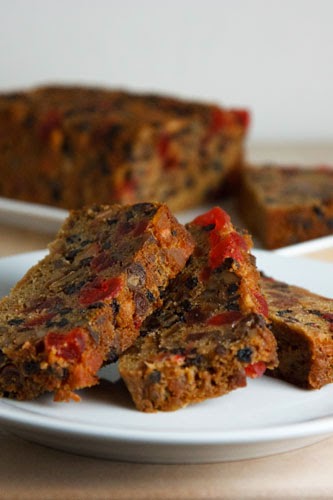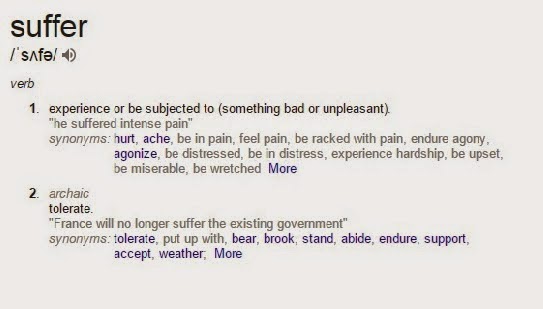As I was out with my walking Bud after St. Patrick's day, last week, she mentioned that she was feeling very bloated after having a McDonald's 3 days ago. I replied that McDonald's has a tendency to do that to me too but only for a day! Then she said that maybe it was all the stuffing her face she did over the bank holiday weekend.
She kind of made it sound like this was something that a lot of people do and I think she was kind of looking for someone else to say they did it too and feel less guilty about it.
Well, I don't have to tell you all that she did not find any compassion here and we moved on to the next mundane subject.
However, the thought that a lot of people blindly put food into their mouths, not considering what the consequences are, and actually consider that to be normal, stayed with me. It was half a lifetime ago that I probably did that too.
I had forgotten that that the way I eat and how I feel about food is not normal.
For me, and I suspect a lot of people with type 1 diabetes, food is a maths problem and who wants to do those! When I have to carefully consider every single morsel that goes into my mouth by analysing it for carbohydrate, fat and protein content, try to determine the quantity I'm about to eat, what time of the day it is, what my insulin to carb ratio for that time of day is, then how much insulin I should take, when I have to do all that why bother in the first place?
The only reason I would bother is because I'm hungry or because it looks so good it's going to be worth it.
I only eat to survive, same way I inject insulin to survive.
But if normal is sitting around eating everything in sight just because it's there then I am quite happy to not be normal and feel good about it.
Finally, an upside to having type 1 diabetes..... maybe?









